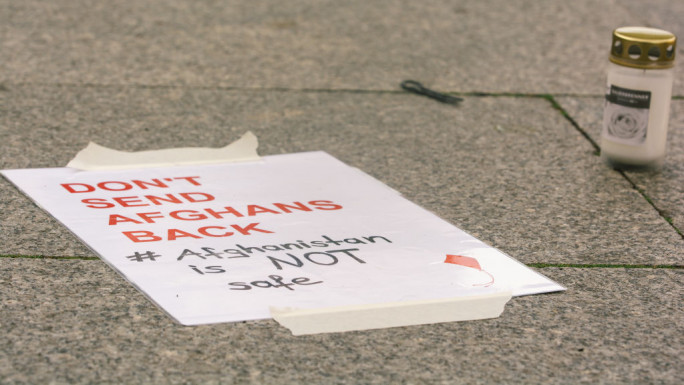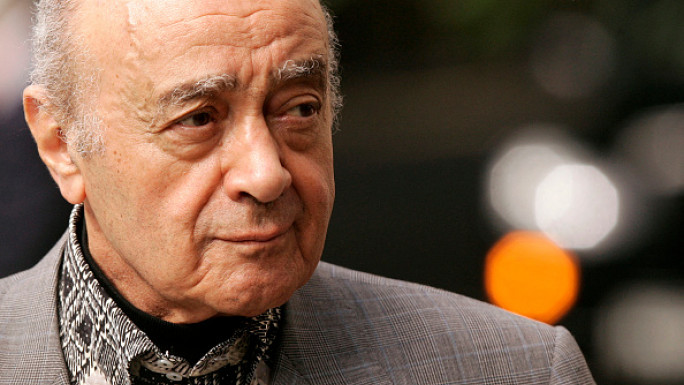
Revolutionary motives in the Syrian uprising - part 2
Due to ignorance and a lack of political nous, as well as its blind hatred of the regime, Syria’s opposition abroad has adopted a demagogic message. It has refused to take heed of the saying, “hatred is a bad motivator in politics”. As a result, its political message appears atrophic and limited.
The chants we therefore heard on the streets were regressive. The opposition abroad played a role that relied on emotional blackmail and fanfare. It excluded those it didn’t agree with and tried to monopolise leadership of the revolution.
Islamist dogma
It was this branch of the opposition that used the term “Islamist” to describe Syria’s popular movement, something more in line with Gulf policies than the nature of Syrian society. Gulf targets were adopted by an opposition that lost its independence. That some of its members became corrupt only made the situation worse.
From the very start, none of the political groups in the opposition were honest in their description of a unified position. A united front would have resulted in a sober political framework for a popular movement. It would have prevented the regime from benefiting from divisions within the opposition and would have assured the Syrian street that there was a political bloc capable of ruling during any interim period. It would also have sent a message to the world that a viable alternative to the regime existed.
This lack of unity within the opposition became apparent in constant smear campaigns against individuals and entire blocks by their opposition rivals. It also became obvious when individuals placed themselves above the communities, country and revolution they were supposed to represent. It often appeared that conflicts among opposition individuals were entirely motivated by securing leadership positions or better allocations for representation.
Lacking faith
It all shows a sense of impatience, a lack of self-confidence and unawareness of the necessity for a historic trajectory. The opposition failed to understand that political formations are always temporary, prone to both progress and destruction.
More importantly, all these opposition groups have displayed a distinct lack of principles. Today, there is no convincing political framework guiding the opposition. This is primarily because opposition members are mostly driven by either personal or factional interests.
| What is the solution? Do we bring in forces and personalities from Mars? |
I remain convinced that these opposition formations have turned into obstacles for a better future for Syria. Judging by their previous and current actions, they deserve to be thrown on to the rubbish heap of history.
The new “political force” that was formed with the revolution does not amount to much. It does not even appear cohesive enough to continue.
Solutions to the crisis
So what is the solution? Do we bring in forces and personalities from Mars? I think that at present, Syria’s fortune remains hostage to the US. The various opposition groups have no influence and sooner or later they will atomise and decay.
If we want a new future for Syria and Syrians, then we have to turn our backs on this mess and concentrate on building of a new political force, one based on thought and principle, with properly managed politics based on cultural depth.
This alone can open the door for Syrians to decide on their future and that of Syria.
This is an edited translation from our Arabic edition. It was first published on 3 November.
Opinions expressed in this article remain those of the author and do not necessarily reflect the opinions of al-Araby al-Jadeed, its editorial board or staff.





![gaza hospital [getty]](/sites/default/files/styles/image_684x385/public/media/images/04CAB42E-7AB3-4448-B45F-B0E1D7D43091.jpg?h=d1cb525d&itok=XYFJ5dpl)


